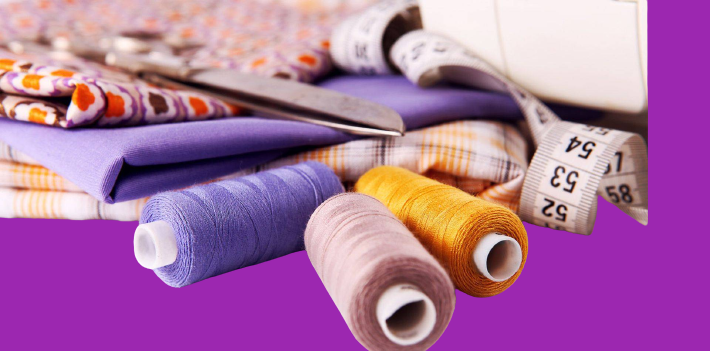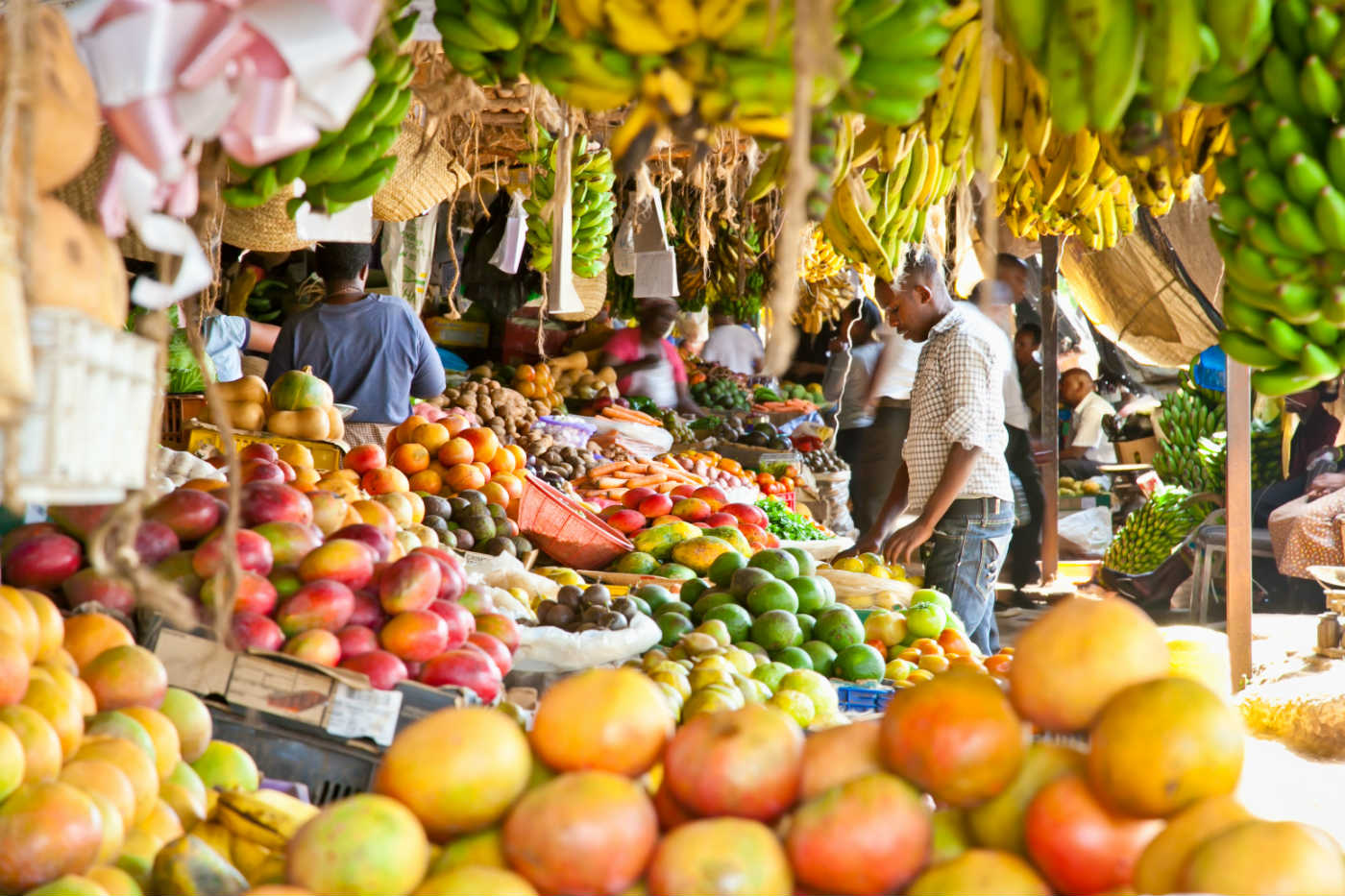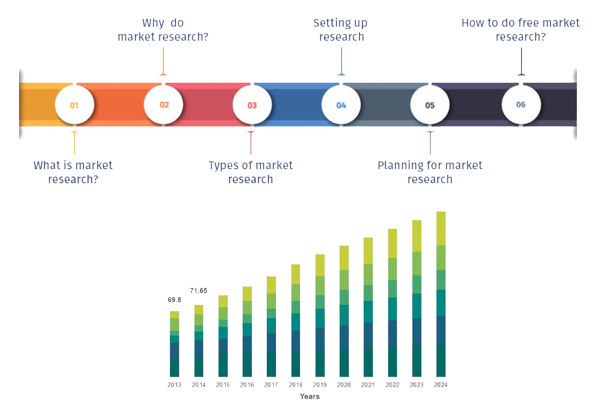The textile industry in Nigeria is significant, but it has faced challenges such as insufficient power supply, importation of cheaper textiles, and inadequate government policies. According to the Nigeria Bureau of Statistics, the textile sector contributed 0.29% to Nigeria's GDP in 2019, employing over 30,000 workers. However, the industry's potential is much higher, as it has the capacity to employ over 2 million people and generate significant revenue for the country. The government has recently taken steps to revive the industry through policies such as the Cotton, Textile and Garment policy, and the establishment of textile parks to promote local production.
Comparing the benefits the textile industry and the government policies may present to the existing and potential explorers of the fashion business in Nigeria, and the size of the global fashion industry potentials combine, the benefit is quite huge. According to data released by the latest statistics, a report published by Statista in 2020, the global fashion industry's market size was valued at approximately 1.5 trillion U.S. dollars. The fashion industry includes apparel, footwear, and accessories for men, women, and children.
However, using the current data, this simply shows that the fashion business in Nigeria is a multi-billion dollar industry. The country is known for its vibrant and diverse fashion scene, which includes traditional clothing and modern designs. The industry employs thousands of people, from designers and tailors to marketers and retailers, and it also helps promote Nigerian culture and heritage. Fashion shows and events attract international attention, showcasing Nigeria's talent and creativity in the fashion world. The business has remained a significant contributor to the country's economic growth over the years.
How to Leverage on The Huge Potentials of The Fashion Market and Government Policy on Textile Industry
As a fashion designer in Nigeria, you can leverage on the existing government policy on textile, cotton, and garment to build a formidable fashion business in Nigeria and scale your products internationally. These include through:
-
Collaboration with Local Textile Companies: Fashion designers can leverage on the government policy by collaborating with local textile companies that produce high-quality fabrics in Nigeria. This can help to create a sustainable and reliable source of raw materials to fuel their fashion businesses.
-
Emphasis on Quality and Sustainability: Fashion designers can position their products for international markets by emphasizing the quality and sustainability of their materials and production practices. This can be highlighted by using environmentally friendly materials, such as organic cotton.
-
Mentorship and Skill Acquisition: Fashion designers can leverage on the government policy by accessing the available skill acquisition programs to empower themselves, and train their staff in industry-relevant skills.
-
Access to Government Grants and Funding: The Nigerian government has several grant and funding opportunities aimed at promoting the textile and garment industry. Fashion designers can leverage these opportunities by applying for and accessing the grants to strengthen their businesses.
-
Branding and Promotion: Fashion designers can leverage the existing government policy by promoting their brands locally and internationally, using social media platforms and participating in local and international fashion shows.
-
Partnership with Manufacturers and Retailers: Nigerian fashion designers can also partner with manufacturers and retailers to gain access to production facilities and marketing networks. This can help to scale up their production and sales, making their products more attractive to local and international markets.
Overall, fashion designers can leverage on the existing government policy in Nigeria by collaborating with local textile companies, emphasizing quality and sustainability, accessing mentorship and skill acquisition programs, accessing government grants and funding, branding and promotion, partnering with manufacturers and retailers, and accessing international markets.






